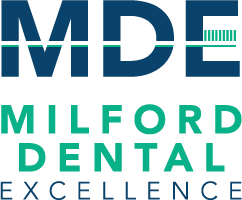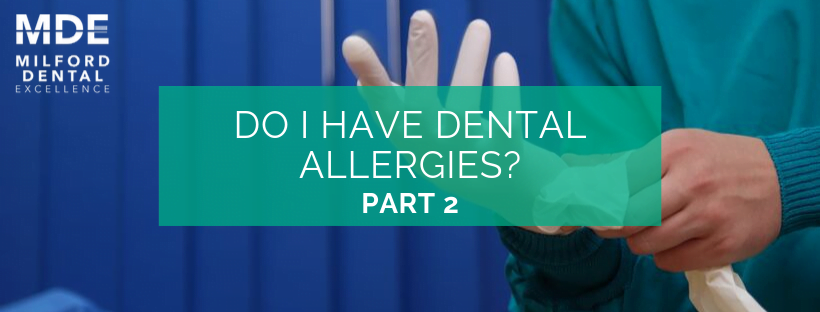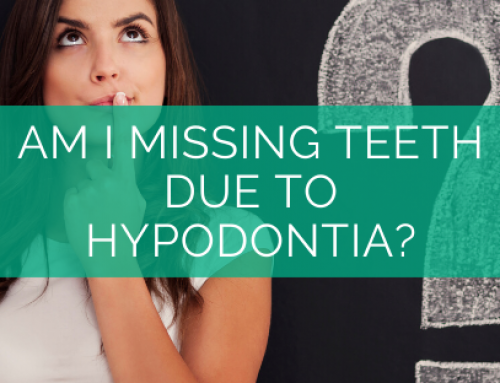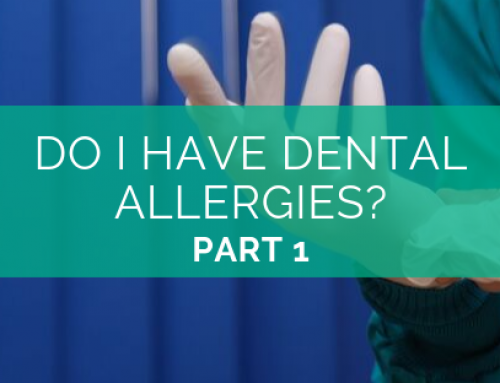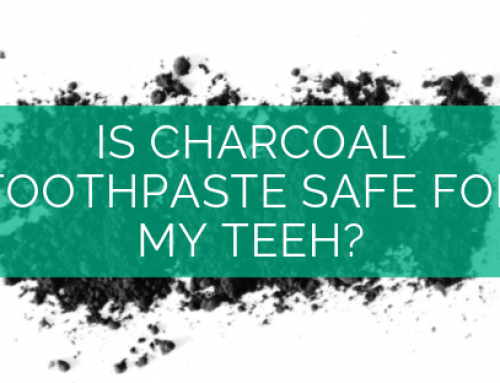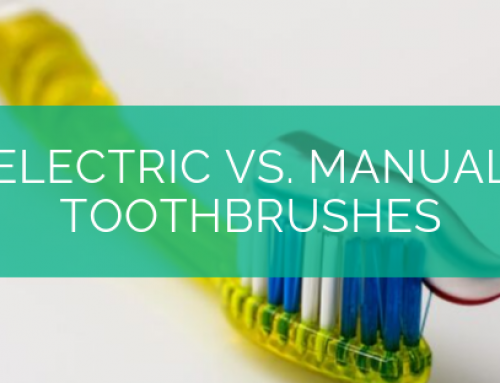In our previous blog post, we discussed some different types of allergies a patient may have at the dentist’s office. Part two continues this discussion in more detail.
Signs of Contact Dermatitis
Our last post talked about latex allergies. Sometimes these can be considered a type of contact dermatitis. When our skin comes into contact with an ingredient in fragrances, soaps, or makeup, it causes contact dermatitis. The side effects of this reaction are inflamed dry, itchy skin.
Contact dermatitis comes into two types:
- Allergic contact dermatitis is triggered by an allergic reaction to poison ivy, makeup products, metals such as nickel, latex gloves, or fashion jewelry.
- Irritant contact dermatitis occurs when materials aggravate our skin over time.
Substances such as amalgam fillings, toothpaste and fluoride techniques, dental porcelain, and bonding can cause an allergic reaction as well. The skin, lips, gum, and tongue are normally affected when this reaction occurs.
Local anesthetic
Local anesthetics help patients through procedures such as tooth fillings or tooth extractions with as little pain as possible. However, some patients aren’t able to have this treatment due to allergic reactions to local anesthetics. There are some symptoms to be aware of that will indicate whether or not you’re having an allergic reaction. This is especially important if you’ve never had local anesthetic before.
Patients may experience swelling of the mouth and, in extreme cases, trouble breathing. These effects happen after the local anesthetic has been administered. Additional side effects of this reaction can consist of a heightened heart rate, feelings of nervousness, contact dermatitis, and hyperventilation.
The level of sensitivity to epinephrine and chemicals including methylparaben could explain why some patients have allergic reactions to local anesthetics. If you suspect that you are allergic to other local anesthetics or novocaine, it can be tested via a skin allergy test.
It is important to notify your dentist of any dental history involving allergic reactions. This could be useful information in deciding if local anesthetic is right for you.
At Milford Dental Excellence, we strive to supply our patients with a safe and enjoyable appointment. We take our patients’ issues and health very seriously. Never hesitate to ask questions about our techniques or to share your fears.
Book an appointment today to learn more about dental allergies!
